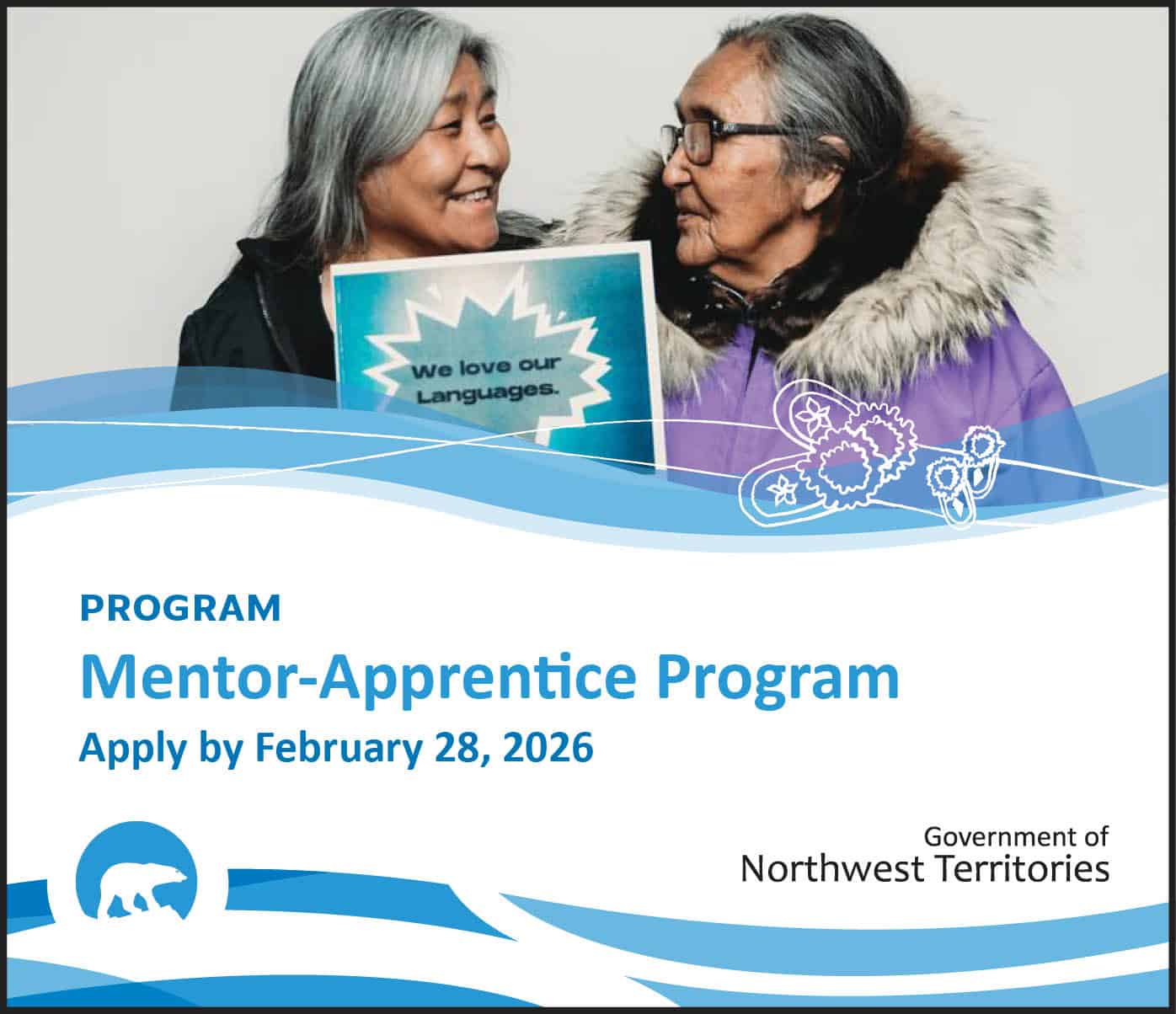Community
‘A misunderstanding between two worlds’: Fort Providence remembers the signing of Treaty 11
One hundred years have passed since the signing of Treaty 11.
Now several communities across Denendeh commemorate what that signing means, all those years ago to protect the Dene people and their way of life.
Among those communities, Fort Providence kicked off celebrations, over the weekend with a fire-feeding ceremony, community feast, and speeches from MP Michael McLeod, Dene National Chief Norman Yakeleya and the new Grand Chief for the Dehcho, Kenneth Cayen, among others.
Gladys Norwegian is the former grand chief and she’s not exactly celebrating.
“I was adamant that we should not use the word ‘celebration’,” she says.
Norwegian argues that the way the community understood the treaty may differ from the record.
“I think (our ancestors) came forth with good intentions. I think that’s what we need to celebrate,” she adds.
Residents remember the document as a measure of peace and friendship between both governing bodies – A means of sharing, resources and lands in the hopes of solidifying a relationship, instead of owning and controlling them.
“It’s not anybody’s land, we just need to come together to some sort of decision to protect the land, to be stewards of the land,” says Norwegian.
She said the experience can inform leaders in future negotiations.
“All of us collectively need to look back and really get to work and (see) what really didn’t work.”
She classifies it as a “misunderstanding of two worlds.”
Walking in two worlds
Cynthia Landry is a 26-year-old, youth councillor for the community and she’s concerned to see a lack of youth at the event.
“As of right now, we’re losing so much. We’re losing our language, culture, practices,” she says because a lot of youth have forgotten or chosen not to learn from Elders.
“We hold a lot of responsibility as (youth),” she says, “it’s important for us to know all these things and just being educated.”
Landry says she is honoured by the chance to lead her community as a youth councillor and hopes to bridge the gap between Elders and youth.
“I feel like there’s a huge barrier between youth and Elders because they have a negative mindset of Elders demanding respect.”
Landry believes this is what’s holding her community back from progressing as a nation.
Lost in translation
“Today means everything,” says Grand Chief Cayen.
“The Treaty gives us the ability to not be interfered with by anybody. So we’re the main decision-makers on our land.”
Although the Treaty varies in interpretation, Cayen says it is a “powerful document” that the Elders had been preparing for since the arrival of settlers.
“I just want our youth to know that we have the power and that nobody can stop you,” he says, “When you put your mind and your heart in the right place and take direction from your Elders. You’ll go far.”
Cayen is excited to begin his transition into his new role later this month, taking over from Gladys Norweigian.
Festivities concluded with a feast and drum dance.


